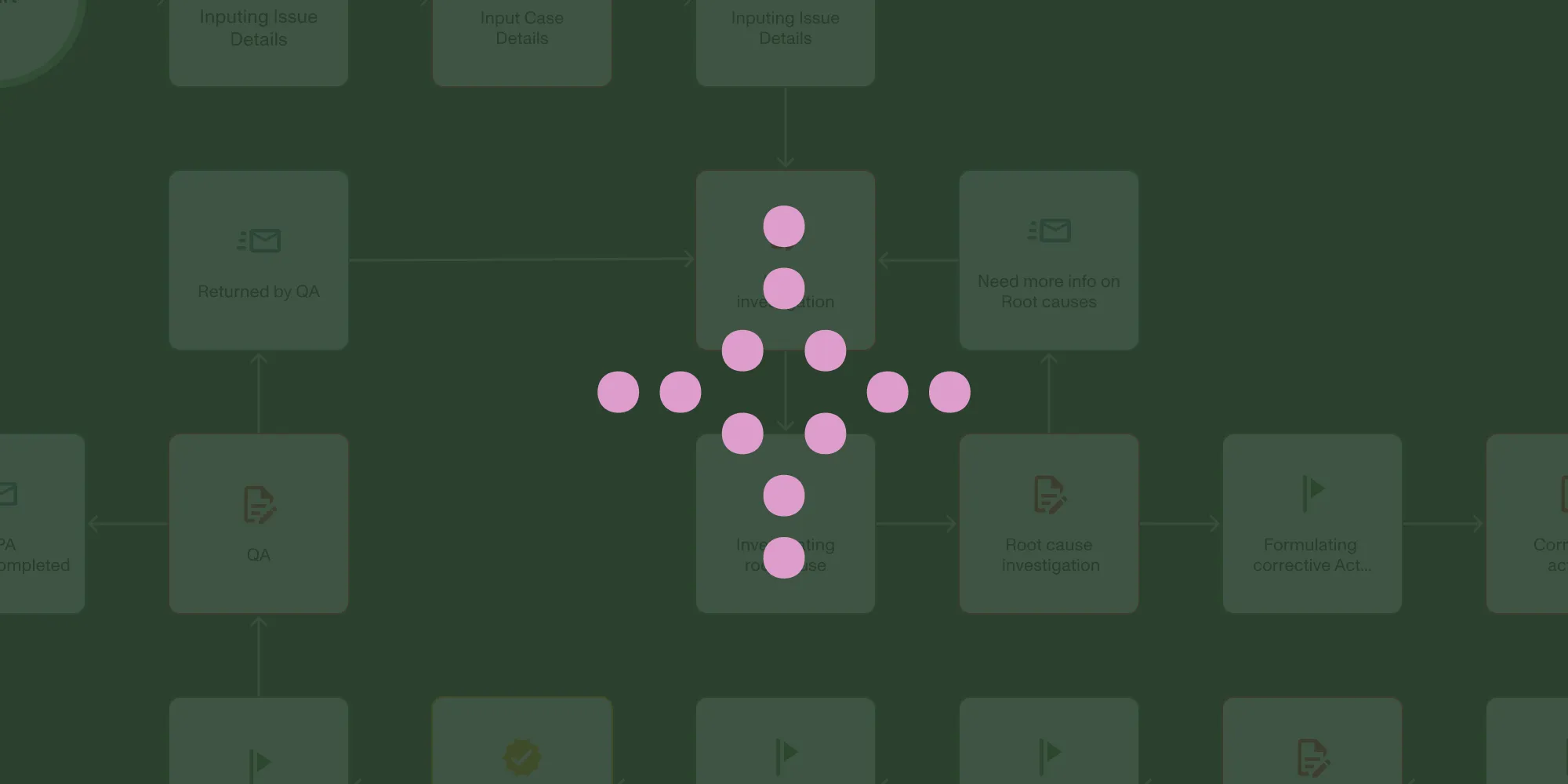Clinical Trial Intake Forms
Table of contents

When clinicians start working on clinical trials, it’s essential that they quickly collect information from patients. These forms must comply with all legal and regulatory guidelines in ways that do not violate the confidentiality of participants. For that reason, many institutions turn to automated clinical trial form collection processes to handle data collection. That way, they can comply with all regulations and legal requirements while avoiding manual document errors.
What Is an Intake Form?
Intake forms are questionnaires filled out by potential candidates at the start of a trial. They screen for candidates who meet the standards outlined for the clinical trial, helping clinicians narrow down who would be the best fit for the program. In addition, medical intake forms help researchers collect the necessary information to ensure they account for any factors that could impact the outcomes for a participant during the clinical trial.
Once a participant fills out all relevant forms, your organization must have a way to properly collect and store the information. Clinicians must often share information with other practitioners while evaluating different patient outcomes. Any errors that arise while collecting clinical trial forms could affect the study's overall results.
The Challenges of Medical Form Management
Even in a traditional business environment, failing to collect information on the proper forms can lead to a lot of problems. However, the stakes get even higher when you’re working on clinical trials. It could become a life-or-death issue for patients when you fail to process clinical trial intake forms correctly.
Some of the most significant issues that come with medical intake form management in a clinical trial setting include:
- Lack of training consistency among staff on handling clinical trial intake form paperwork
- Failing to notify patients or other practitioners when information needs updating or to confirm receipt of clinical trial forms
- Dealing with a mix of electronic and paper forms can cause the information to be inaccurately duplicated or even missed entirely
- Not having an IT management process in place to handle issues that arise in the clinical trial intake form process
Using clinical trial form templates helps eliminate some of the risks around information collection. It’s why many healthcare and research facilities use a clinical trial management system to set up intake form templates. After developing HIPPA compliant intake forms, clinicians and staff can use them to upload information to a clinical trial database. In addition, they can easily share the files without violating a patient’s privacy.
Benefits of an Automated Intake Form Template

A standardized process for collecting a clinical trial consent form and related information reduces the risk of critical errors impacting the study. In addition, there’s no guesswork involved in figuring out what various practitioners require to complete their portion of the clinical trial. It’s why many clinicians turn to a clinical trial management system. For example, you can set up HIPAA-compliant intake forms and automatically send them out for patients to complete.
Other benefits of setting up automated clinical trial forms include:
- Establishing consistency in gathering the necessary information for a clinical trial
- Making sure patients answer the right questions, cutting down on the need to go back and collect additional data
- Giving patients clarity on what they can expect from the clinical trial
- Cutting down on the time clinicians spend collecting and saving data to a clinical trial database
Setting up automated medical intake forms for clinical trials helps you:
- Ensure you’re collecting the correct information at each stage of the trial
- Reduce the need to constantly revise each intake form template
- Establish firm timelines for different phases of the clinical trials
- Ensure you have the resources necessary to complete the trial
Creating HIPAA Compliant Online Intake Forms

You can deploy intake forms at any point in the process. For example, you can set up clinical trial intake form templates on your website for prospects to complete and submit. That makes it easier to prescreen candidates and make your final selection. In addition, you can have medical form forms ready to gather data from participants you select for your clinical trial.
The first step in creating an intake form template is figuring out what questions they should contain. The information you need will vary depending on the purpose of your clinical trial. For example, if you’re testing out a new drug for a specific stage of breast cancer, you’ll want your clinical trial intake form to outline the drug being administered and all potential effects.
You’ll want contact information about the participant and physicians who can provide background on any past medical treatment. That way, you can avoid admitting participants who might have adverse effects during the clinical trial. It’s also essential that you have valid contact information to keep trial participants updated about their results and any changes that might occur.
Once you’ve mapped out the necessary questions for each intake form, you can use automation software to distribute the documents, collect information, and store them in a centralized repository. That way, they’re available to everyone within the clinical trial with appropriate access.
Clinical Trial Intake Form Workflow Example
Here’s a general overview of how you can diagram workflows to establish your final medical intake form template for clinical trials.
- Establish the start and endpoints for different process flows, e.g. admitting a patient, administering a drug, or tracking results
- Determine what you’ll need to complete each part of the process
- Outline all tasks and activities to include in the template
- Ensure you put intake form information in the proper order
Organize Your Intake Form Process with Nutrient Workflow
The Nutrient Workflow platform allows you to diagram workflows and automate data collection processes critical to clinical trials. Learn more about how you can adapt Nutrient Workflow to fit your clinical trial by scheduling a demo(opens in a new tab) of the platform.
Interested in Automating Your Workflow?
We have a variety of resources to help you on your journey to an automated workflow.








